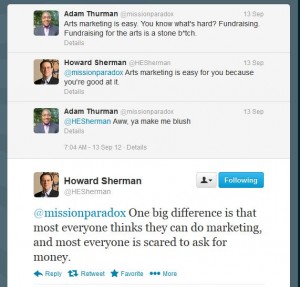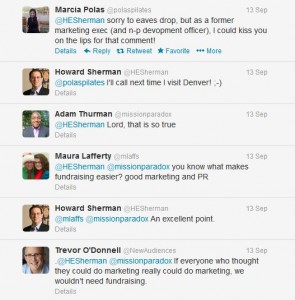I was intrigued to see that the Scion car company is running a contest to help cultivate new entrepreneurs. Scion has always positioned themselves as a lifestyle brand, (disclaimer: I own one of the first 100 Scions sold in my state.), but I thought this was an interesting approach for them.
Basically, they will fly up to 50 semi-finalists to LA to participate in a three day event where they attend seminars, meet up with mentors and receive advice on writing press releases, forming LLCs, getting loans, soliciting investors and copywrighting ideas (I am guessing they mean trademarking since you can’t copywright ideas.) The semi-finalists then rewrite their proposals and finalists are chosen from the best revamped proposals.
I am sure there is a lot Scion will get out of it, but free advice directly applying to their own business isn’t one of them. One of the first restrictions on the contest is that it can’t be related to the car industry or Scion’s business activities.
This idea isn’t new. There are tons of entrepreneurship competitions out there as well as start up weekends where people from all sorts of background come together to meet and potentially launch a start up in the course of 54 hours.
The Scion contest got me thinking about two things- First, could an arts oriented project end up as a finalist in one of these type of competitions? Could someone go into one of the Start Up Weekends and emerge with a viable arts oriented company and business model after tapping into the brains of those present?
My second thought was from the other direction–should arts professionals participate as advisers in these sort of events in order to exhibit the value of the arts in the community beyond just entertainment? This might go a long way toward making the case not only for arts organizations, but perhaps more importantly toward the value of arts in education, if it was shown that it can contribute to the development of products and ideas that are indeed marketable.
The success of the design school teams over the business school teams in a University of Toronto’s Rotman School of Management challenge already started to provide some indications of this.
I have written about articles on what private enterprise can learn from non-profits.
I also pointed that it is important to note that the value of many of the creative exercises arts organizations can offer business lies not so much in the superficial motions of the activity as the fact that performing them means you are carving time out of your day to devote to creativity.




Thanks for what you are doing to bring cultural change to the arts. It is so important to represent everyone.…